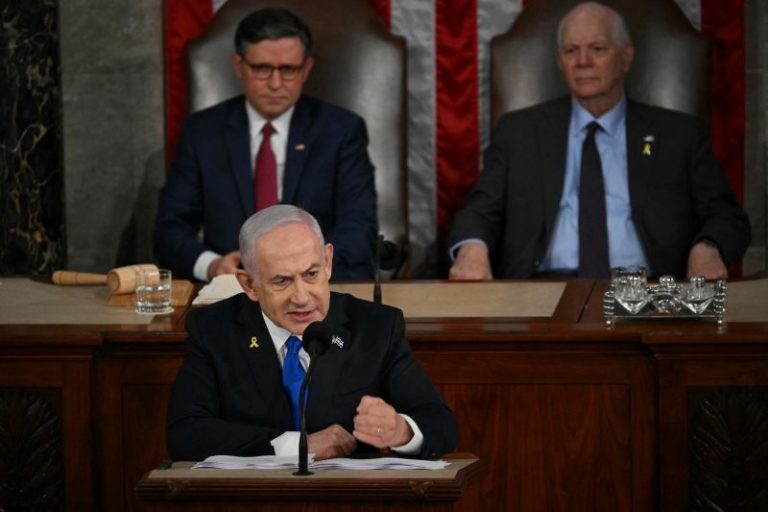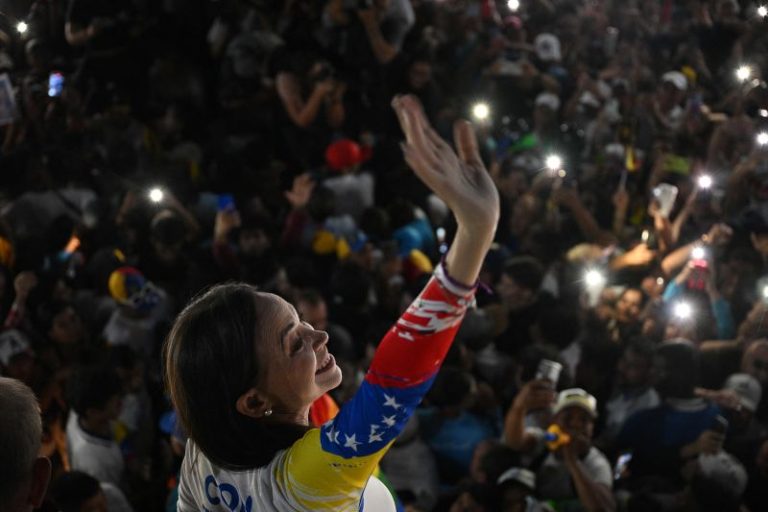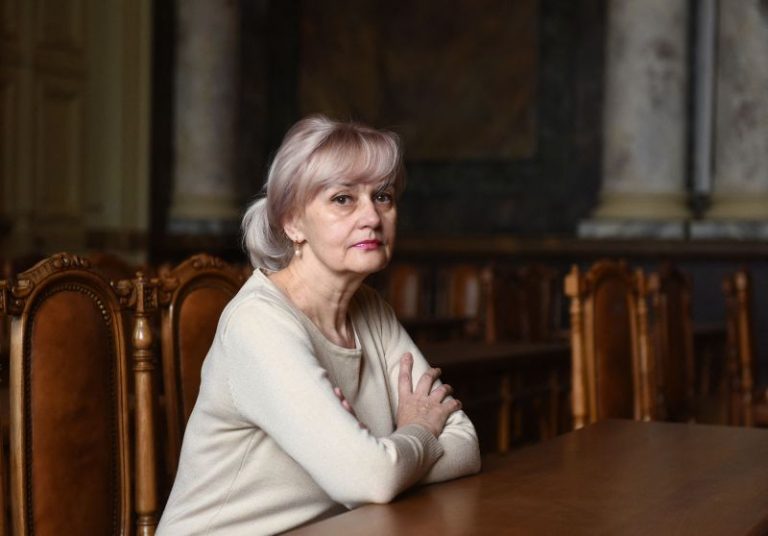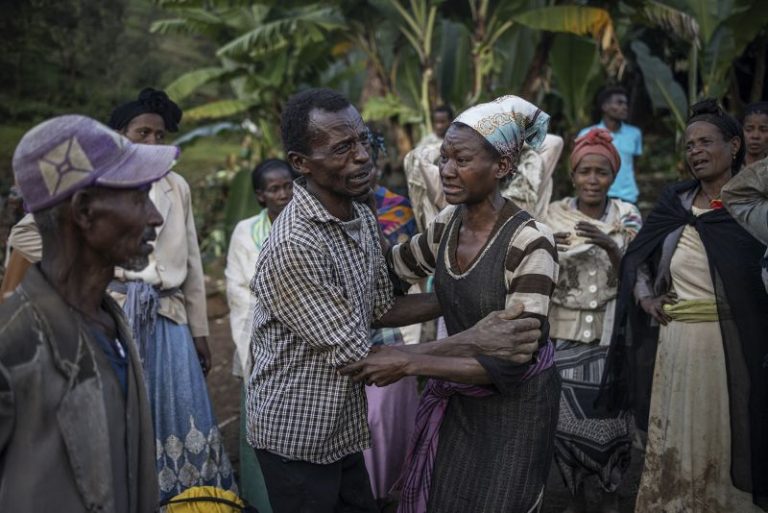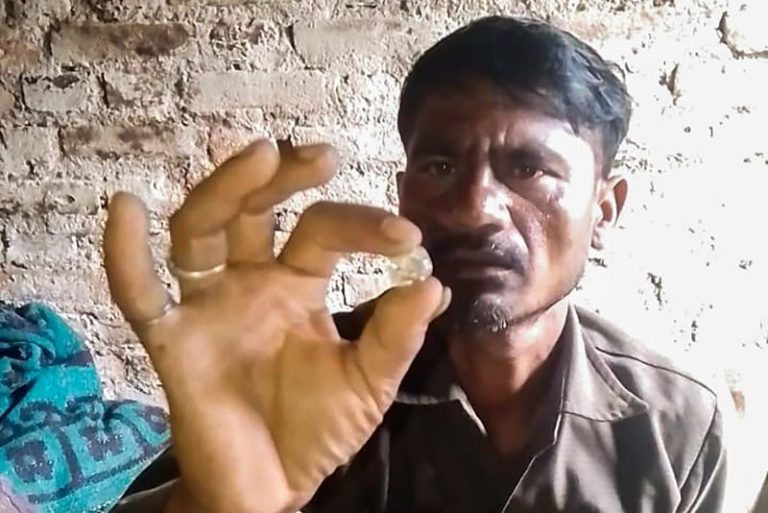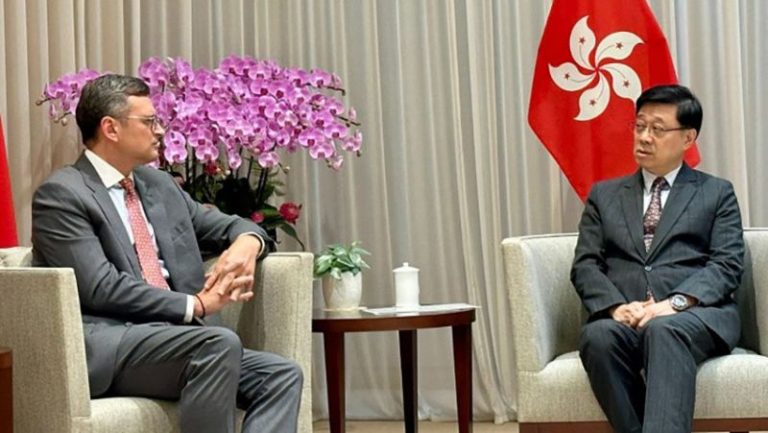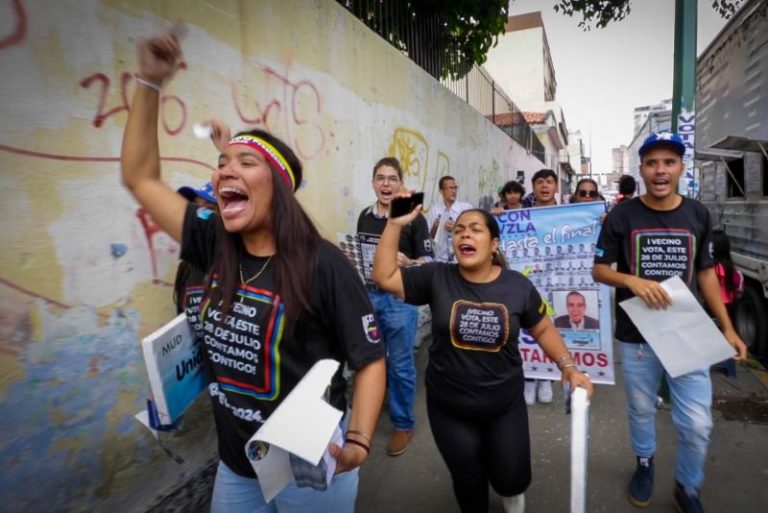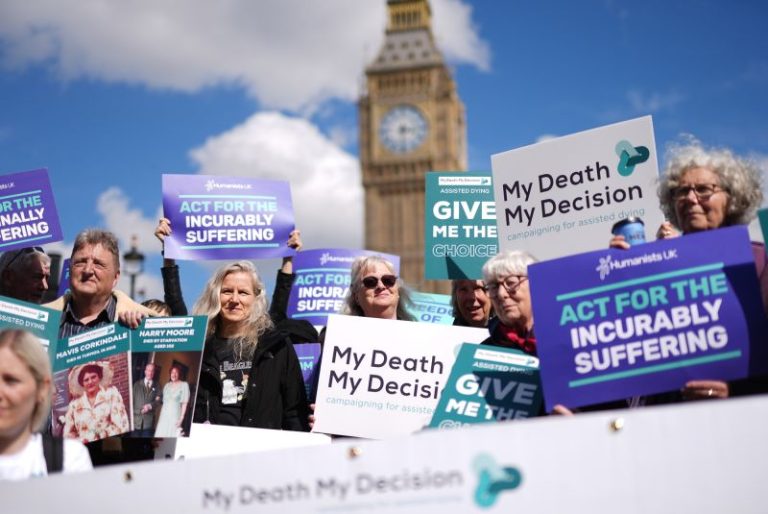An emotional, accelerating campaign to allow assisted dying for terminally ill adults in Britain has reached parliament, with activists hoping the country will become one of few to legalize the process.
A Private Member’s Bill is to be introduced in the House of Lords on Friday, putting the issue back on parliament’s agenda – though it is uncertain whether it will reach the House of Commons for approval from lawmakers.
Whatever its progress, it marks another development in a debate that has found its way onto Britain’s airwaves and prompted impassioned appeals from some well-known faces.
“Change is definitely coming.”
Assisted dying generally refers to the process through which a person with a terminal illness can legally access drugs to end their lives. It is legal in few countries; Canada and 11 US states allow it, as does most of Australia, Switzerland and the Netherlands. It is partially available in Germany and Italy, while Spain and Portugal have legalized the process in recent years.
“The conditions for change have never been better,” said Ellie Ball of Dignity in Dying, a leading campaign group that has pushed for years for the United Kingdom to follow suit. “The trend around the world is towards giving people greater choice at the end of their lives.”
But it is a heated national conversation, and its path to legalization remains long – with vocal pockets of opposition from outside and inside parliament.
“The state should not be complicit in encouraging people to end their lives,” said Alistair Thompson, a spokesman for Care Not Killing, which opposes any change in the law on assisted dying or euthanasia and advocates for better palliative care.
“People just need to look very coldly, clinically at the facts and the data, and not necessarily at clearly very emotional stories,” he said.
Friday’s bill is not the first to reach parliament; nine years ago MPs voted by a sizable margin not to legalize assisted dying in Britain, and Lords have occasionally tried to reintroduce the issue in the years since.
For Falconer, the time is right to try again. “There has been over the last year or two a much greater urgency and interest in the issue,” he said. His bill is similar to the law in Oregon, the first US state to allow assisted dying, where only terminally ill people – and not those in unbearable suffering – are permitted to seek medication that would end their lives.
It does not go as far as Switzerland, the Netherlands and Canada, which allow an assisted death in cases of suffering as well. Only a handful of countries allow euthanasia, in which another person deliberately ends someone’s life to relieve suffering.
It is currently a crime to help somebody die in England and Wales, punishable by up to 14 years in prison. Performing euthanasia on a person, meanwhile, is considered murder or manslaughter.
Polling indicates the public broadly supports ending those laws, and a campaign by celebrated journalist and broadcaster Esther Rantzen, who is terminally ill with lung cancer, has given the issue a prominent face.
“Isn’t it typically British that we give the pets we love a pain-free, dignified, private death but we can’t offer it to the people we love,” she told the BBC in April.
Rantzen told the broadcaster that allowing assisted dying would “mean that I could look forward in confidence to a death which is pain-free surrounded by people I love.”
Currently, traveling alone to a clinic like Dignitas in Switzerland is about the only option for Brits in her situation, but it is one very few seek out; only 33 British citizens ended their lives at Dignitas in 2022, according to the clinic.
Opponents of legalization have argued that those small figures represent a limited appetite for assisted dying in the UK, but there are other pressures at play too. “If my family go with me, they could be investigated by the police for killing me, or pressuring me to die,” Rantzen told the BBC.
One of the clinic’s recent British patients was Paola Marra, who had terminal cancer and died at Dignitas earlier this year. In a video message filmed before her death, she said: “The pain and suffering can become unbearable. It’s a slow erosion of dignity – the loss of independence, the stripping away of everything that makes life worth living.
“Assisted dying is not about giving up. In fact, it’s about reclaiming control,” she said.
Britons are increasingly hearing stories like Rantzen’s and Marra’s. But some among the country’s lawmakers, who will ultimately decide the fate of the assisted dying law, say there is more to consider.
“We’re in danger of it being a cause célèbre,” said Rachael Maskell, a Labour lawmaker and clinician who has researched assisted dying on parliament’s Health and Social Care Committee.
But she listed a number of reservations that she and other members of the committee considered, including that legalization would encourage patients to seek an earlier death to avoid becoming a burden on their relatives.
“I’ve had that conversation so many times with patients,” she said. “That worries me, because that person has as much right to a fulfilled life.”
And she said a lack of monitoring in Oregon of how medication is assigned and taken by patients “horrified” her when she visited the US state to study its law. “We wouldn’t be a world leader, we would be a world follower,” Maskell added.
The arrival of an intensely delicate issue in Britain’s parliament provides an early political test for Keir Starmer, Britain’s new prime minister – and the decisions his government take on the bill will determine whether and how soon assisted dying becomes legal in the country.
The first stages of a premiership are typically finely choreographed; a government’s priorities are introduced to parliament, one by one, as the prime minister looks to craft the public’s first impressions of their new government.
For Starmer, the assisted dying bill has the potential to disrupt those intentions. He said before and after this month’s general election – which his Labour Party won in a landslide – that he would allow time for a debate on the issue if it reaches the Commons, and he would allow a free vote on the issue, meaning his MPs wouldn’t be asked to vote one way or the other.
But legalizing assisted dying wasn’t in Labour’s manifesto or in its King’s Speech, limiting the opportunities for it to ever reach MPs. Falconer’s effort is a Private Member’s Bill, allocated individually after a ballot determined which peers can introduce a bill. A similar ballot will take place in the Commons in September, which could see an elected lawmaker take on the mantle, and that is the way the government is believed to prefer the matter is introduced.
“The key piece of the jigsaw that is currently missing is a vote in the Commons,” Falconer said. “I think (Starmer) is very keen for it to be done. (But) of course there are other priorities.”
Starmer, a former human rights lawyer, is likely to eventually face calls to allow a debate and a vote on the issue, whether those come as a result of Falconer’s bill or another legislative push.
But campaigners are urging lawmakers to turn to the matter faster.
“The debate needs to start as soon as possible,” she said. “Dying people don’t have time to wait.”
This post appeared first on cnn.com


